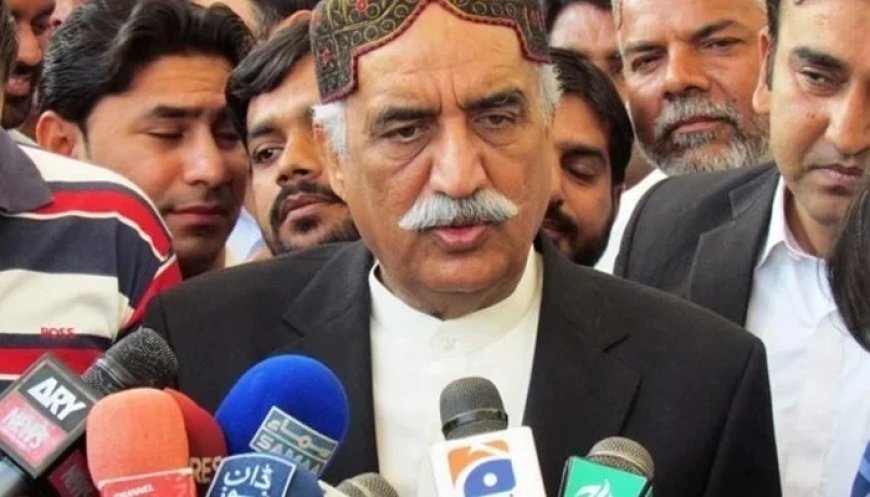PPP raises concerns over not being consulted on budget

1.
Pakistan Peoples Party (PPP) central leader Syed Khurshid Ahmed Shah on Sunday expressed concerns over his party not being consulted on the upcoming federal budget for 2024-25.
"The government neither informed us about the budget nor took us into confidence. We are unaware of the Pakistan Muslim League-Nawaz (PML-N)'s plans regarding privatisation policy, taxes, or developmental programs," said Shah.
He added that the PPP has no information about any relief measures. "I am unsure whether the government is formulating the budget or if the International Monetary Fund's (IMF) budget is being imposed," Shah remarked.
Shah emphasized that the PPP's proposals should have been included in the federal budget. "People will ask us what we have accomplished. Will we tell them that we don't even know about it?" he questioned.
He also mentioned that the Bilawal Bhutto-led party will need to make a political decision regarding the budget, which will be announced on June 12.
Meanwhile, Minister of State for Finance Ali Pervez Malik dismissed reports of further tax increases on the salaried class as baseless and false. Speaking on Geo News' Naya Pakistan program, Malik stated that the government is focused on a fair tax system.
In another development, Khyber Pakhtunkhwa (KP) Chief Minister Ali Amin Gandapur resisted political pressure to withdraw the tobacco cess and provincial excise duty on tobacco companies. Gandapur asserted that he would not tolerate any obstacles to increasing provincial funds.
The KP government has imposed a Rs50 provincial excise duty on tobacco to collect Rs5 billion. The tobacco cess rate was revised from Rs6 to Rs50 per kilogram but was ultimately fixed at Rs25 per kilogram by the provincial cabinet. This decision will help the provincial government collect Rs7.5 billion.
Separately, PML-N President Nawaz Sharif criticized IMF conditions, questioning their impact on the poor. "I am not someone who relies on the IMF," said the three-time prime minister.
Sharif expressed satisfaction with the federal and Punjab governments' efforts to reduce the prices of essential commodities, predicting that Pakistan would soon overcome its crises. He called for policies that would lower electricity and gas prices, noting Maryam Nawaz's key role in controlling inflation by preventing an increase in wheat prices. Sharif further stated that overall inflation was decreasing and the stock market was "unprecedentedly" rising.


















































